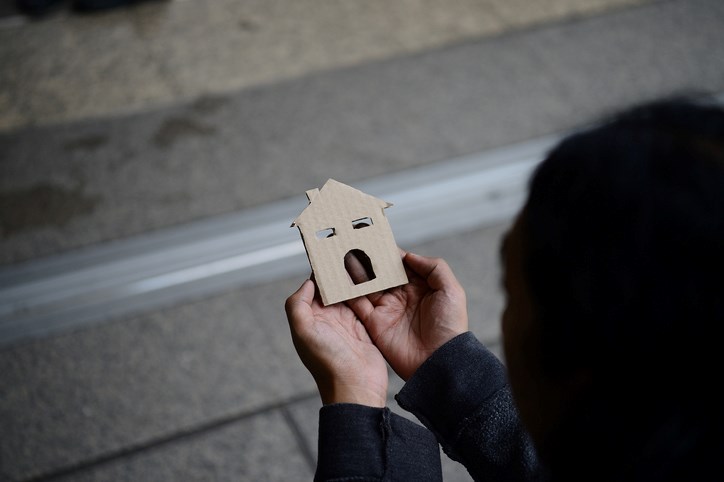HUMBOLDT — Saskatchewan’s Ministry of Social Services is increasing support for Saskatchewan Income Support (SIS) clients with complex challenges who are at risk of homelessness, something Michael Behiel, Humboldt’s mayor, said earned his appreciation.
The SIS program was introduced in 2019 to support people by meeting their basic needs, while they become more self-sufficient and independent to the best of their abilities.
The ministry phased out the previous programs like the Saskatchewan Assistance Program and fully transferred all clients to the SIS program in August.
Where the previous programs covered the cost of utilities for clients, the SIS program puts the costs of rent, utilities, taxes and all other home-related costs under a shelter benefit. This results in a single adult paying for all home-related costs with $525-$575 each month, with an additional $285 for all other basic needs or $350 if living in the northern administrative district.
The Saskatchewan Urban Municipalities Association (SUMA) expressed concern with the program as it stood, after a meeting between city mayors on Nov. 4 to discuss the impact, which Behiel was in attendance for.
SUMA’s criticisms were heavily lifted from the Saskatchewan Landlords’ Association, which indicated that more than 30 per cent of SIS clients were not able to pay their rent in September or October.
Behiel said a concern raised was that review needs to be done with an increased level of support as people are being forced between choosing medication, utilities or food.
“They really needed to review and increase some of their costs,” Behiel said. “In one instance I know a woman who was receiving about $800 per month for her social assistance, her rent in low-income housing was costing her $650, and then she had to pay all her utilities on top of that which left her with no money for food and quite frequently the inability to pay off her utilities in full.”
The newest changes, announced by the province on Nov. 12, made it so the Ministry of Social Services will begin providing direct payments of shelter benefits available for rent, utilities and security deposits on behalf of high needs SIS clients with complex challenges who are at risk of homelessness.
The ministry is also investing an additional $113,000 in 2021-22 to expand money management and trusteeship services provided through currently-contracted community-based organizations by 25 per cent, to support more clients with complex needs.
Behiel said while this is a change in the right direction with sending some low-income clients rent directly to the landlord, that isn’t far enough.
“That’s the way it used to be before and it’s the way, in my opinion, it should be returned to,” Behiel said. “I appreciate that a lot of people are capable of looking after themselves and making sure things are paid, there is a large section that’s not as well and that’s the people we should be most concerned about and taking care of.”




